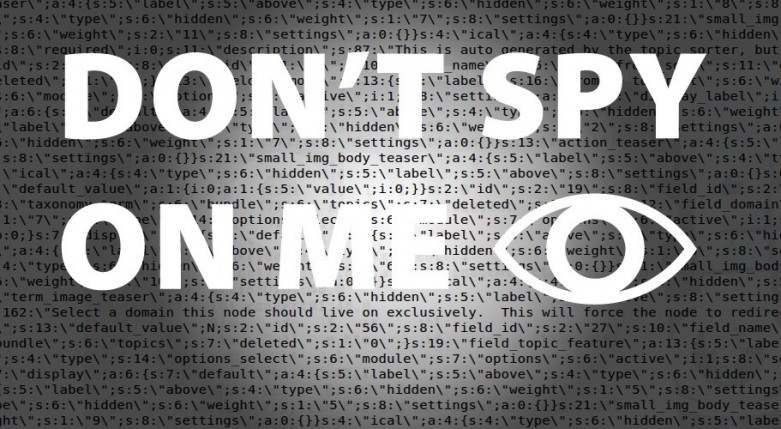
Congress Must Act Now to Keep Our Emails Private
With all of the threats to Americans’ online privacy and security, from the NSA’s warrantless mass surveillance to the FBI’s attempt to force Apple to weaken its mobile encryption, you might be surprised to hear that the most popular bill pending before Congress would provide a robust update to our electronic privacy rights.
Yet the Email Privacy Act has more co-sponsors in the House and Senate than any other bill. It’s a much-needed update to the Electronic Communications Privacy Act (ECPA), which is the main statute protecting our online communications from unauthorized government access. The new bill covers not just email but everything we store in the cloud — from online journals and photos to social networking posts and online chats to sensitive financial and health information.
The problem is that ECPA was written in 1986, when the Internet was in its infancy and there was no such thing as cloud storage. The law has remained largely untouched since then. While a well-intentioned Congress believed that ECPA would secure our personal lives as we moved increasingly online, members couldn’t have predicted how technology would advance over the next 30 years.
As a result, the statute is now woefully out of date and contains dangerous loopholes that leave some of our most personal information vulnerable to government snooping just because it’s stored in the cloud. And ECPA covers only what we download — not the information that we leave on someone else’s servers.
The evolution of email is an excellent example of how much has changed since ECPA was passed. Back then, when an email was opened it was deleted by the provider and stored on the user’s hard drive. Written with this in mind, ECPA requires law enforcement to get a warrant to access a message from an email provider’s storage only if the message is less than 180 days old. Congress’ thinking back in 1986 was that any message that remained unopened after six months had been abandoned and didn’t require warrant protection from government searches.
Today we store vast amounts of valuable information — including almost all of our email — in the cloud instead of on a personal computer. A law enforcement investigation could reveal a wealth of personal information that once would have been stored in a home filing cabinet or on a hard drive, where it would have the clear protection of a warrant. Due to the ECPA’s outdated provisions, our information is left vulnerable to a patchwork of legal interpretations from companies, police and the courts — a situation ripe for law enforcement and surveillance abuse.
The Email Privacy Act would close this critical loophole and ensure that all of our online content is protected with a warrant. Full stop.
And with more than 300 co-sponsors in the House alone, the bill enjoys vast bipartisan support, a rare feat in today’s partisan political climate. The broad support among lawmakers mirrors the diversity of the bill’s outside supporters. The coalition pushing for passage includes everyone from the ACLU and EFF to the Heritage Foundation and CATO. Companies including Apple, AT&T, eBay and Google have also voiced their support.
So what’s holding up this overwhelmingly popular piece of legislation?
Even though the majority of his committee and party support it, the chairman of the powerful House Judiciary Committee, Rep. Bob Goodlatte (R–Virginia), has been dragging his feet. Concerns from civil investigation agencies, like the SEC and IRS, which don’t have warrant authority, have prompted them to seek an exemption from the crucial warrant requirement. The reaction from the Free Press Action Fund and the rest of the privacy community has been swift and unequivocal. Chairman Goodlatte must move ECPA forward without any amendments that would weaken it.
In February we passed a major hurdle when Goodlatte announced that he would hold an important committee vote (called a “mark-up”) in March on passage of the Email Privacy Act. Now we need your help to make sure he keeps his promise.
Our rights to connect and communicate free from unwarranted government surveillance are fundamental to a healthy democracy. The threat of undue government monitoring chills individuals’ speech and ideas, harming the marketplace of ideas. It’s time to update our laws and protect Americans’ right to privacy in the digital age.